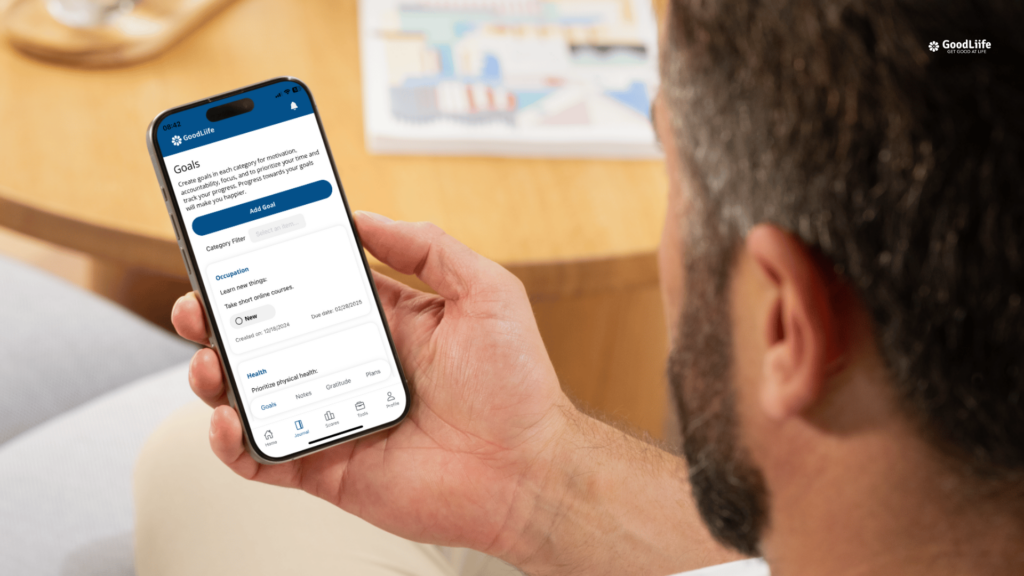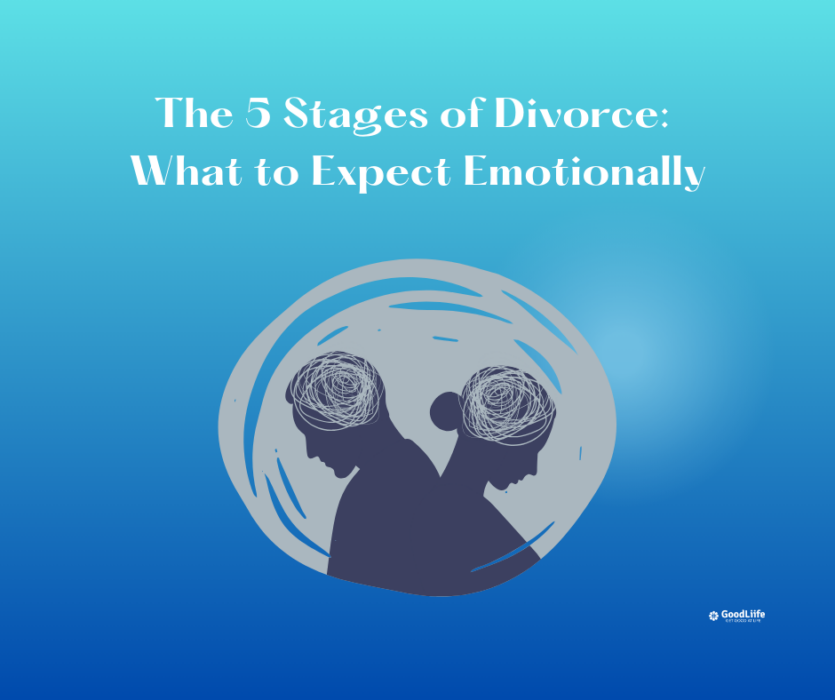Understanding the Emotional Stages of Divorce
Divorce isn’t just a legal process—it’s an emotional journey that can feel overwhelming, unpredictable, and deeply personal. Whether you’re initiating the separation or trying to come to terms with it, knowing what to expect emotionally can help you regain control and move through the process with clarity and self-compassion. In this guide, we’ll break down the five emotional stages of divorce, what you might feel in each, and how to cope in healthy, empowering ways.
1. Denial: “This Isn’t Really Happening”
In the early stages, many people experience denial. You may find yourself avoiding the reality of the situation, holding onto hope that things might go back to the way they were.
Common signs:
- Refusing to discuss the divorce
- Feeling numb or detached
- Hoping for reconciliation despite clear decisions
How to cope:
- Allow yourself to sit with your emotions without judgment
- Talk to a therapist or trusted friend to gently process the truth
- Start journaling your thoughts to gain clarity
2. Anger: “Why Is This Happening to Me?”
As reality sets in, emotions like frustration, resentment, and blame may rise to the surface. You might direct anger toward your ex, yourself, or the circumstances.
Common signs:
- Feeling outraged or betrayed
- Blaming others or yourself
- Experiencing mood swings or irritability
How to cope:
- Channel your anger into healthy outlets like exercise or creative work
- Practice grounding techniques like deep breathing
- Avoid lashing out; instead, write down what you feel before responding emotionally

3. Bargaining: “What If I Had Done Things Differently?”
This stage involves questioning and hypothetical thinking. You might look for ways to “undo” the divorce or wonder what could’ve saved the relationship.
Common signs:
- Overanalyzing past decisions
- Trying to reconcile temporarily
- Making promises or compromises in hopes of reversing the decision
How to cope:
- Remind yourself that healing isn’t about rewriting the past but embracing the future
- Focus on what you can control: your actions, mindset, and healing journey
- Set boundaries to protect your emotional energy
4. Depression: “I Don’t Know Who I Am Anymore”
Once the full weight of the situation sinks in, you may feel intense sadness, loneliness, or even hopelessness. This is often the most difficult emotional stage of divorce.
Common signs:
- Loss of interest in daily activities
- Fatigue or sleep changes
- Feelings of emptiness or self-doubt
How to cope:
- Reach out to a therapist or join a support group—you’re not alone
- Create small routines to bring structure and comfort
- Be gentle with yourself. Healing is not linear, and it’s okay to take your time
5. Acceptance: “I’m Ready to Start Again”
With time, clarity, and support, you reach a place of acceptance. You begin to see the divorce not just as an ending, but as a new beginning. This doesn’t mean you’re completely “over it”—it means you’re moving forward with peace and purpose.
Common signs:
- Feeling more emotionally stable
- Rebuilding identity and routines
- Making plans for the future
How to cope:
- Set new personal goals that reflect who you are now
- Reconnect with your interests, friends, and values
- Use what you’ve learned to grow stronger and wiser
How the GoodLiife Score App Can Support You Through Divorce
Divorce affects every area of life—not just emotions. The GoodLiife Score App helps you track your well-being across 8 essential life categories: Health, Environment, Leisure, Purpose, Growth, Relationships, Occupation, and Wealth.

Using the app, you can:
- Reflect on which areas of life need the most care and support
- Set small, manageable goals to rebuild your confidence and lifestyle
- Monitor your emotional progress in real time
- Stay accountable as you step into your new beginning
Whether you’re navigating anger, rebuilding your finances, or finding new purpose, GoodLiife Score provides structure, encouragement, and clarity at every stage.
Final Thoughts
The stages of divorce may bring intense emotions, but they also pave the way for transformation. By understanding these phases and allowing yourself to feel, grieve, and grow—you create the foundation for healing. Divorce may close one chapter, but it also opens the door to rediscovery, resilience, and a life that’s aligned with who you are now.
